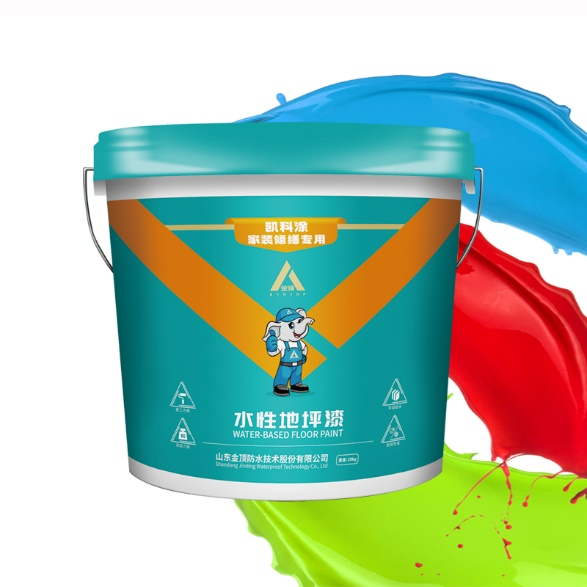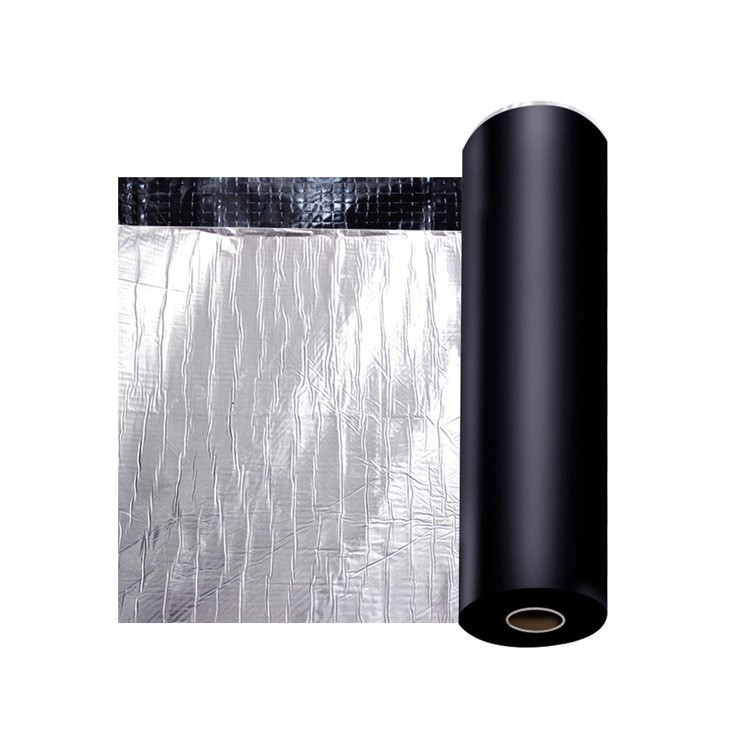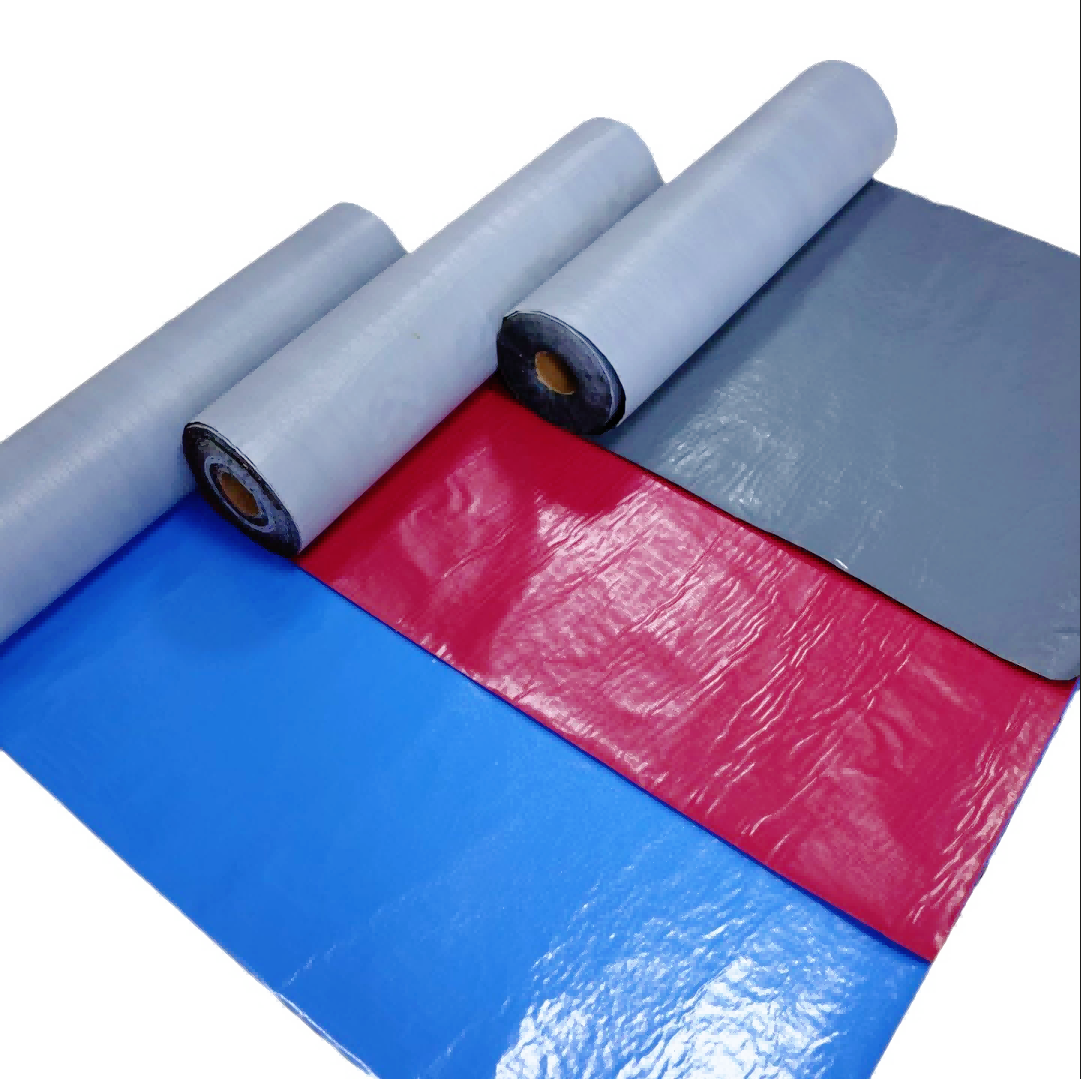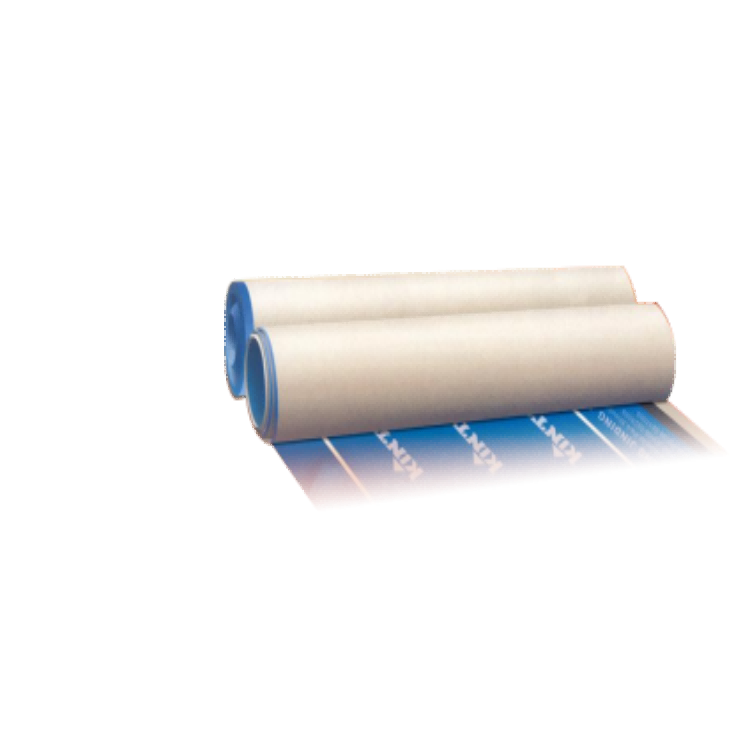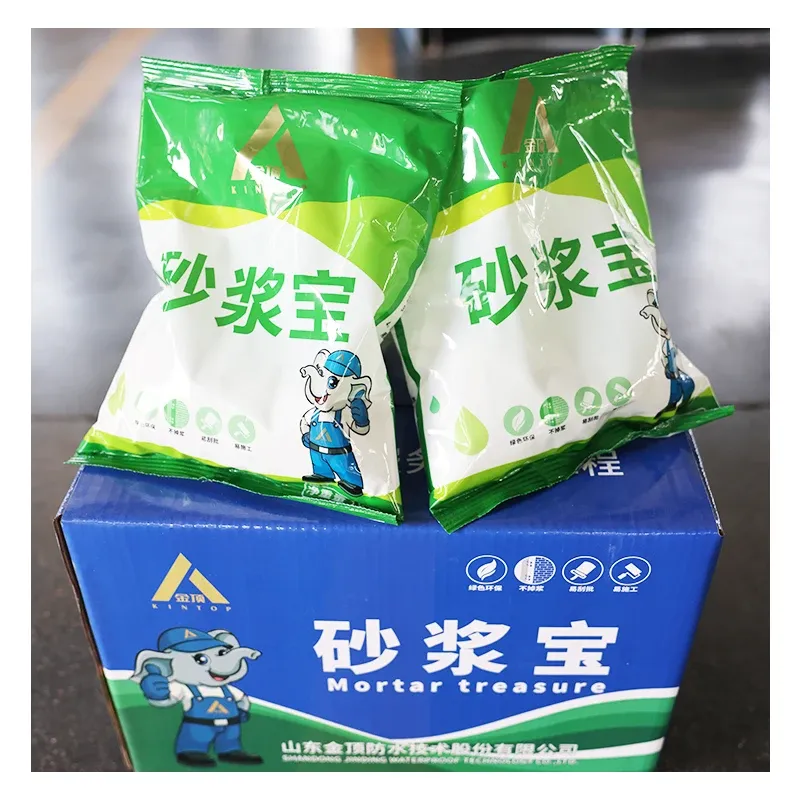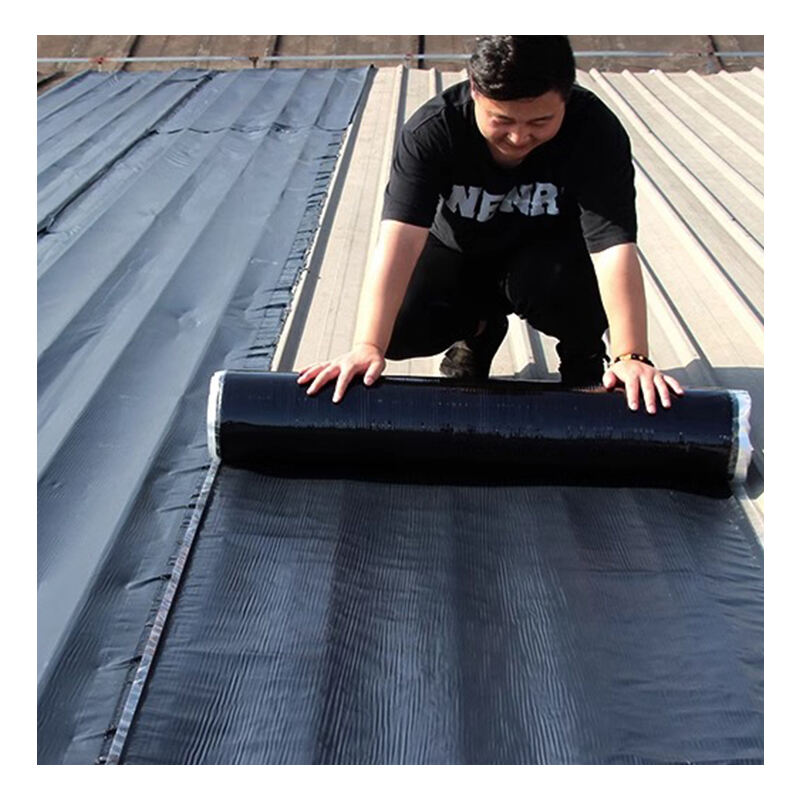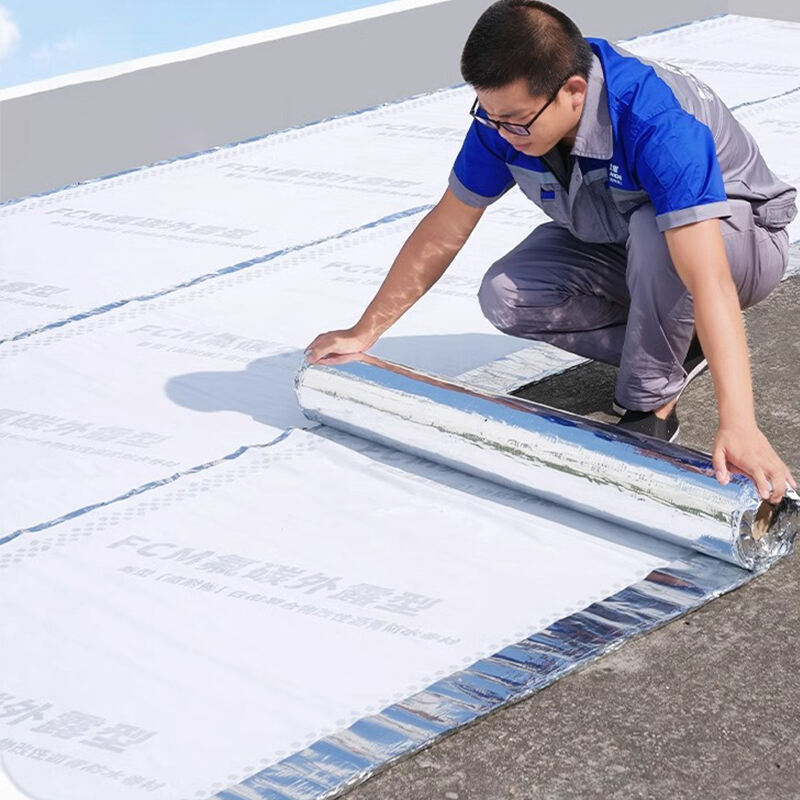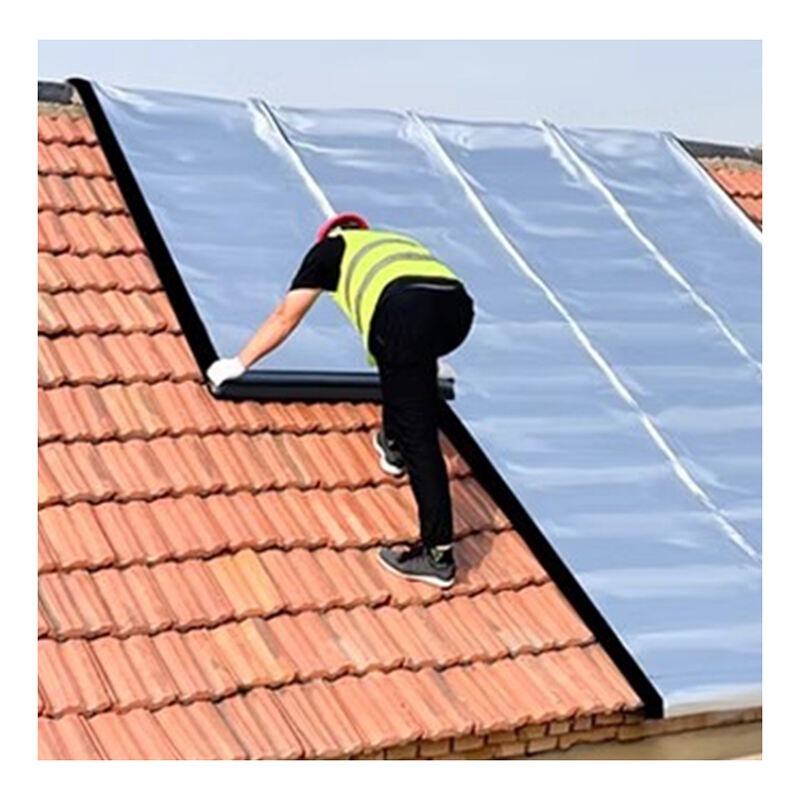road surface repairs
Road surface repairs represent a critical aspect of infrastructure maintenance, encompassing a range of sophisticated techniques and materials designed to restore and enhance roadway conditions. These repairs involve comprehensive solutions that address various types of damage, from minor surface cracks to major structural issues. Modern road surface repair methods utilize advanced materials such as polymer-modified asphalt, quick-setting concrete, and specialized binding agents that ensure superior durability and longevity. The process typically begins with a thorough assessment of the damage, followed by surface preparation, material application, and proper curing procedures. Technology plays a crucial role, with innovative equipment like infrared heaters and precision application systems ensuring uniform and effective repairs. These repairs not only restore the structural integrity of the road but also improve safety conditions for vehicles and pedestrians. The applications extend beyond traditional highway maintenance to include parking lots, industrial facilities, and residential areas, making it a versatile solution for various infrastructure needs. Advanced monitoring systems and quality control measures are integrated throughout the repair process to guarantee optimal results and long-term performance.

